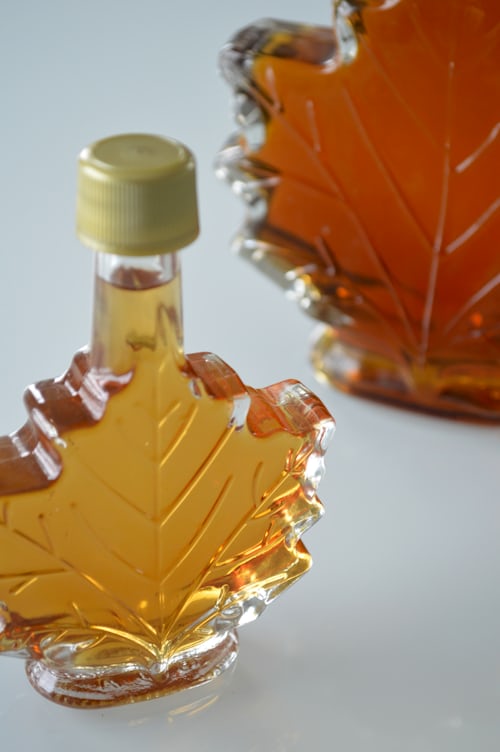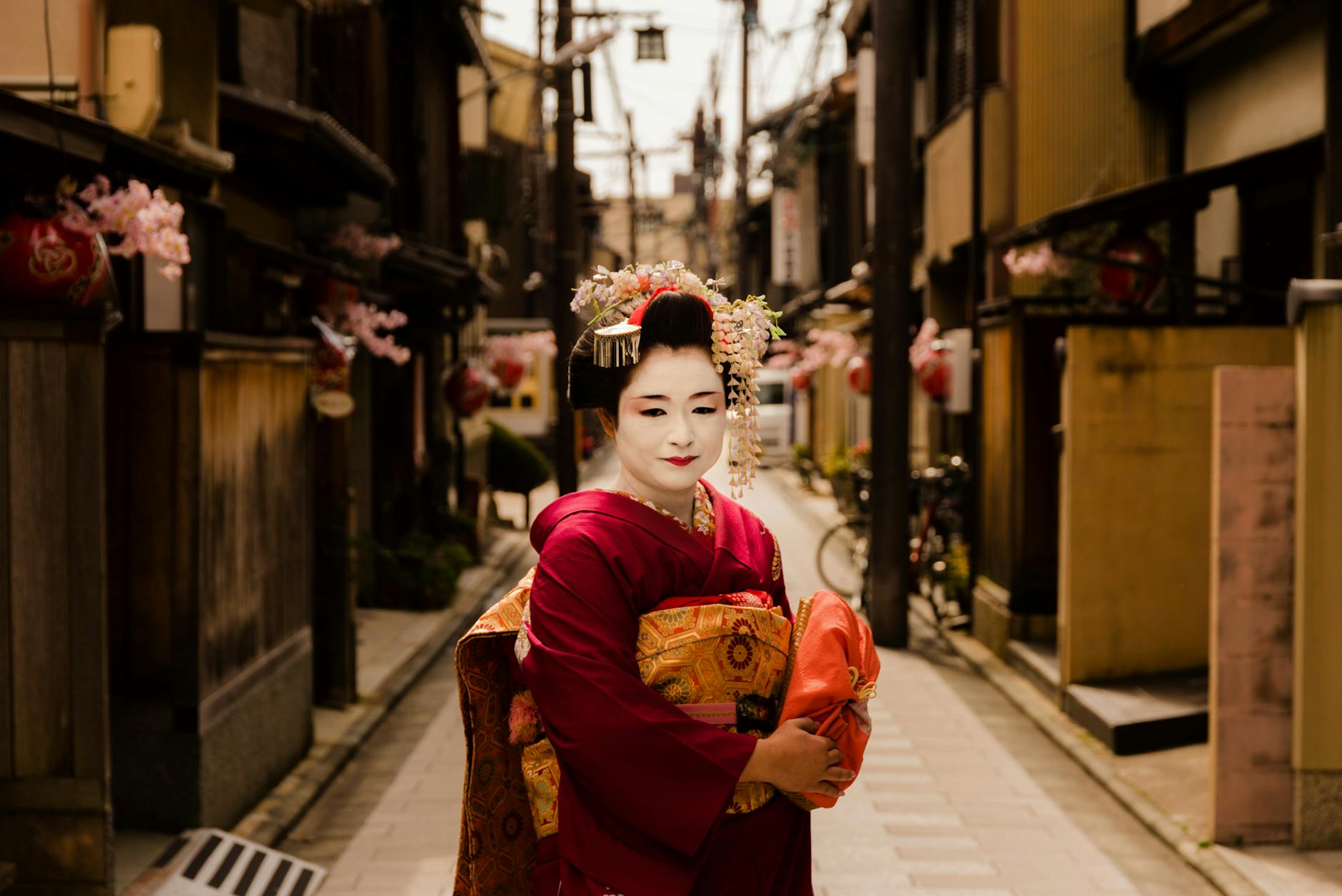
Gifts for Hosts in Japan: Gift Ideas for Your Japanese Host
You must be wondering about the perfect gift to bring for hosts in Japan. It is sometimes difficult to choose the right gift for the hosts when you are coming for a holiday, and you do not know what’s in for their culture.
There are certain gift items that are evergreen choices and would always help make the right impression. Either it’s for a business partner or a friend, the gifts listed below and elaborated further in the article, could certainly woo your loved ones.
- Candies
- Skincare Products
- Alcohol
- Something Typical from Abroad
Just remember, there are certain dos and don’ts that you must always follow. People in Japan can be offended by specific numbers and colors that could mean completely opposite to what you wish to convey. So, why not find it all yourself?
Who Does Not Like Candies?

The question better answers it all. There is almost none I have found by far who won’t like to accept candies. The sweet devour is absolutely the first thing that pops into our mind when buying a gift for someone. And, almost 99.9% times, it does do the trick. The same goes for Japanese hosts too.
People in Japan are eager to taste delicacies of other cultures and regions. Hence, when you are returning back from abroad, a box of candies with varying shapes and texture would even be handy to carry along.
If you have a huge audience waiting in your office, purchasing a separate box for each of them would put you into a huge expense. But can you just ignore a few of your mates? No! And, you must not. So, it’s always wise candies that are wrapped individually. This way, one or two boxes would serve the entire office.
What You Should Not Do When Gifting Candies?
There aren’t many exceptions. Just a few to remember. Japanese love chocolates and candies. But stay away from buying licorice. You may like stuffing licorice in your hamburger, for Japanese, it’s just candy, and they are not fond of it. If you are stern at buying these, you will have to face rejections. Mostly all of the people in Japan will refuse to accept it. For them, these tastes like medicine.
Moreover, Japan hosts dislike candies that are too sweet to taste. In some countries, candy is another term for sweetness. However, in Japan, people prefer to have candies that aren’t overly sweet. You won’t like seeing them bulging their eyes after every bite. That’s what the overly sweet candies do to the hosts in Japan.
Skincare Products

We all use it, don’t we? But when brought from a different country or region, these products shower some extra care and love. I personally believe that skincare products created with natural ingredients and smelling divine can bring a lot of positivity within. Soaps, face cream, sunscreen are all some of the best choices you can dive into.
What to Avoid When Gifting Skincare Items?
Do you use perfumes? Almost everyone and that includes me too. However, in Japan, there are still many people who get offended around too strong artificial scent. The culture in Japan is very unique. People here prefer to bath and carry their soap scent along with them for the day. Applying scent in a high amount could trigger their senses in a bad way.
Hence, it is better to avoid purchasing perfumes. It’s not that everyone dislikes these. But who knows? Isn’t it safe to be sorry later? This brings us to the soaps. Yes, this is one of the most successful gift options in Japan. And, people love to bath here every day, because of the humid climate.
When you are buying a soap, try to find the homemade ones. And, especially those that smell natural.
Alcohol Gets the Job Done

When meeting someone special or carrying a gift for our boss, we often head towards the liquor section. So, why not bring some oldies from abroad for your Japanese friends and hosts. Either it’s your boss, or family members, everyone would cherish your gesture. Even those who do not drink would not mind accepting your gift. After all, they must be serving their guests.
Japanese are welcoming when it comes to drinks. Alcohol is accepted for all types of gatherings in Japan. The country is the paradise for alcohol lovers. From business meet ups to social gathering to various religious rites, people love to include liquor in their usual routine.
And, expensive liquors can even get you some nice favors too, if you are looking for. I believe that people do like returning favors. So, why not buy them a brand that’s not available in Japan?
If you are bringing alcohol, remember to get those brands that are difficult to find in the host country.
What to Avoid When Gifting Alcohol to Japanese Hosts?
It would be of no use to bring them the brand that is readily available in Japan. Because they may already have it. And, it won’t surprise them at all.
Something Typical from Your Visit

When coming back from abroad, it is a good idea for bringing something typical that isn’t available in Japan. The best call would be to buy food items. For instance, Maple syrup. It is available in Japan, however, not the most authenticate version of it. So, if visiting back from the USA or Canada, stuff a few bottles for your hosts in Japan.
In any case, you must not try clothing. Even if you have the sizes, the measurement scale differs from country to country. And, you won’t like to end up with a gift that does not fit your host back in Japan. So, make choices wisely.
What Numbers to Avoid for Gifts for Japan Hosts?
As already mentioned, Japan does believe in certain superstition that is dragged from the past. Hence, you must stay wary with a few numbers that aren’t holy according to their culture.
- Number 4 – In Japan, 4 is pronounced as ‘Shi’. The literal meaning of this is ‘death’. Hence, you must never include 4 sets of candies or soaps when gifting to your hosts in Japan. As a matter of fact, many hospitals in Japan do not have level 4 or a room designated as 4.
- Number 9 – Like 4, number 9 is considered an unlucky number in Japan. The number is pronounced Ku which means agony.
- Number 43 – This again is avoided as it reads in Japan as ‘Shisan’ which means stillbirth.
Hence, when you are buying a set of gifts for your hosts in Japan, do not offend them, even unknowingly by purchasing in sets of 4 or 9.
What Colours to Use and Avoid for Gifts for Japan Hosts?
Like numbers, colors have huge significance for Japanese culture, especially when you are buying a gift for a host. For Japanese, green, purple, and white are the holy colors. Green signifies good luck. Purple brings the feeling of celebration with itself and white is a resemblance of purity. So, you can use these colors for signing the gift cards.
On the contrary, red and black aren’t the right choice. The red color is the decorative choice for tombstones and graveyards. Also, funeral notices are painted in red. When it comes to black, it again symbolizes death. Plus, black and red together is an expression of sexuality.
Gift Etiquettes in Japan

The sharing of gifts in Japan has been ongoing for centuries. While presenting gifts to your family and friends won’t cause you too much stress, and its most likely casual, etiquettes are important when you gift your co-workers, boss, or someone in a formal relationship.
Present Gift at the End of the Visit. Many would be surprised to hear about it, but it’s how Japanese like it. While in most of the cultures, we prefer presenting the gift right away after greetings, in Japan, it’s completely opposite. You must offer it right before leaving.
Use Both Hands when Gifting. This is a very common etiquette you would see around Japan. People in Japan use both hands when giving presents to someone. Even those receiving it holds the present with both hands. So, you must do that same. Also, if you are presenting to an individual, ensure that the person is alone. Present individual gifts in private.
Ensure the Gift Looks Attractive from Outside. Wrapping gifts is very crucial. The presentation says a lot about how much you care for your host. It does reveal the meaning of your present. Hence, if you can, take help from the shop from where you bought the present for wrapping it.
And, last but not the least, do not forget to add while gifting your hosts in Japan: Tsumaranai mono desu ga. This means: it isn’t something special, but please accept it. A tone of gratitude for your host would certainly highlight your emotions which will increase the value of your present.




